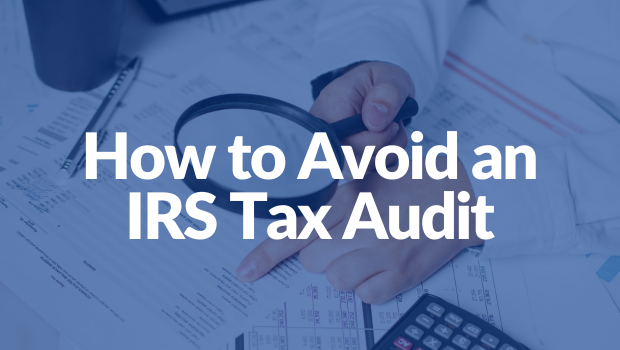There are several reasons why the IRS is one of the most tenacious debt collectors. One reason is that tax debts are difficult to discharge in bankruptcy proceedings. Another reason relates to the tools the IRS has to collect unpaid taxes. Two of the most prominent are the tax lien and the tax levy, but what’s the difference between the two?
What is a Tax Levy?
A tax levy is one of the scariest tax collection tools in the IRS’s arsenal because it allows the IRS to seize taxpayer property to pay off an outstanding tax balance. Any property that’s subject to an IRS federal tax lien is potentially subject to an IRS tax levy (unless otherwise subject to an exception). This includes assets such as:
- Bank accounts
- Real estate
- Vehicles
- Income (through wage garnishment)
- State tax refunds
This sounds pretty scary, and it can be. But understand that while the IRS can theoretically seize a taxpayer’s home or personal vehicle, the IRS rarely does so. This is because it’s a time-consuming and expensive process. In many cases, it’s easier for the IRS to take money from the taxpayer’s bank account or paycheck instead.
There’s also the fact that taking a home and/or vehicle can make it even harder for the taxpayer to pay off their tax debts. It’s hard to earn an income if the taxpayer is homeless or can’t drive to work. It also makes the IRS less likable than it already is.
The legal authority granting the IRS the power to levy property comes from the Internal Revenue Code (IRC) Section 6331. There are generally three conditions that the IRS must meet before the IRS can levy a taxpayer’s property:
- The IRS completed a tax assessment and sent the taxpayer a bill for the outstanding tax balance (Notice and Demand for Payment);
- The IRS sent the taxpayer a Final Notice of Intent to Levy and Notice of Your Right to a Hearing at least 30 days before the levy. This is often mailed via registered or certified mail, return receipt requested, but is sometimes delivered in person or left at the taxpayer’s home or business address; and
- The IRS notified the taxpayer that it may contact third parties regarding the collection or determination of the tax debt.
The IRS can sometimes bypass some of the notice requirements in special situations that warrant a jeopardy levy. The IRS uses a jeopardy levy if it believes the property it wants to seize is in jeopardy of “disappearing” or moved so it’s outside the reach of the IRS.
What is a Tax Lien?
A federal IRS tax lien is not quite as serious as a tax levy, but it can be almost as problematic in some cases. This is because a tax lien is a legal claim against a taxpayer’s property, both existing and future property.
In the colloquial sense, a lien is like the IRS saying they have “dibs” on the taxpayer’s property to prevent it from being sold or seized by other debt collectors until the tax debt is paid first. For the most part, the tax lien applies to all of the taxpayer’s property, from their bank accounts to their home to the furniture and personal property inside their home.
The legal authority granting the IRS the power to place a lien on a taxpayer’s property comes from the IRC Section 6321. There’s generally only one condition that the IRS must meet before the IRS will place a lien on a taxpayer’s property. Specifically, the IRS must first assess a tax against the taxpayer and send them a bill (Notice and Demand for Payment).
In most cases, the IRS will send several notices, asking the taxpayer to pay their tax bill before the IRS places a lien on their property. Assuming the taxpayer hasn’t paid off the tax debt or made arrangements to settle it (with a payment plan or an offer in compromise, for instance), the IRS will file a Notice of Federal Tax Lien.
Once this Notice of Federal Tax Lien gets filed, it’s difficult to transfer or sell property, subject to the lien. It can be done, but the taxpayer will typically need to first remove the tax lien. If a buyer purchases or otherwise obtains property, subject to a tax lien, the IRS can potentially come in and take the property without paying for it, and there’s little the buyer can do about it.
As bad as this sounds, federal tax liens aren’t quite as bad as they used to be. This is because IRS liens don’t affect credit scores or show up in credit histories. Despite this, it can still be difficult to borrow money, as many lenders will want to use the taxpayer’s property as collateral for the loan but will be unable to do so because of the IRS lien (or the creditor’s lien will be subordinate to the IRS’s lien).
In Summary
A tax levy is the physical taking of property to satisfy a tax debt, while a tax lien is creating a legal interest in property to protect the IRS’s ability to collect a tax debt in the future.






